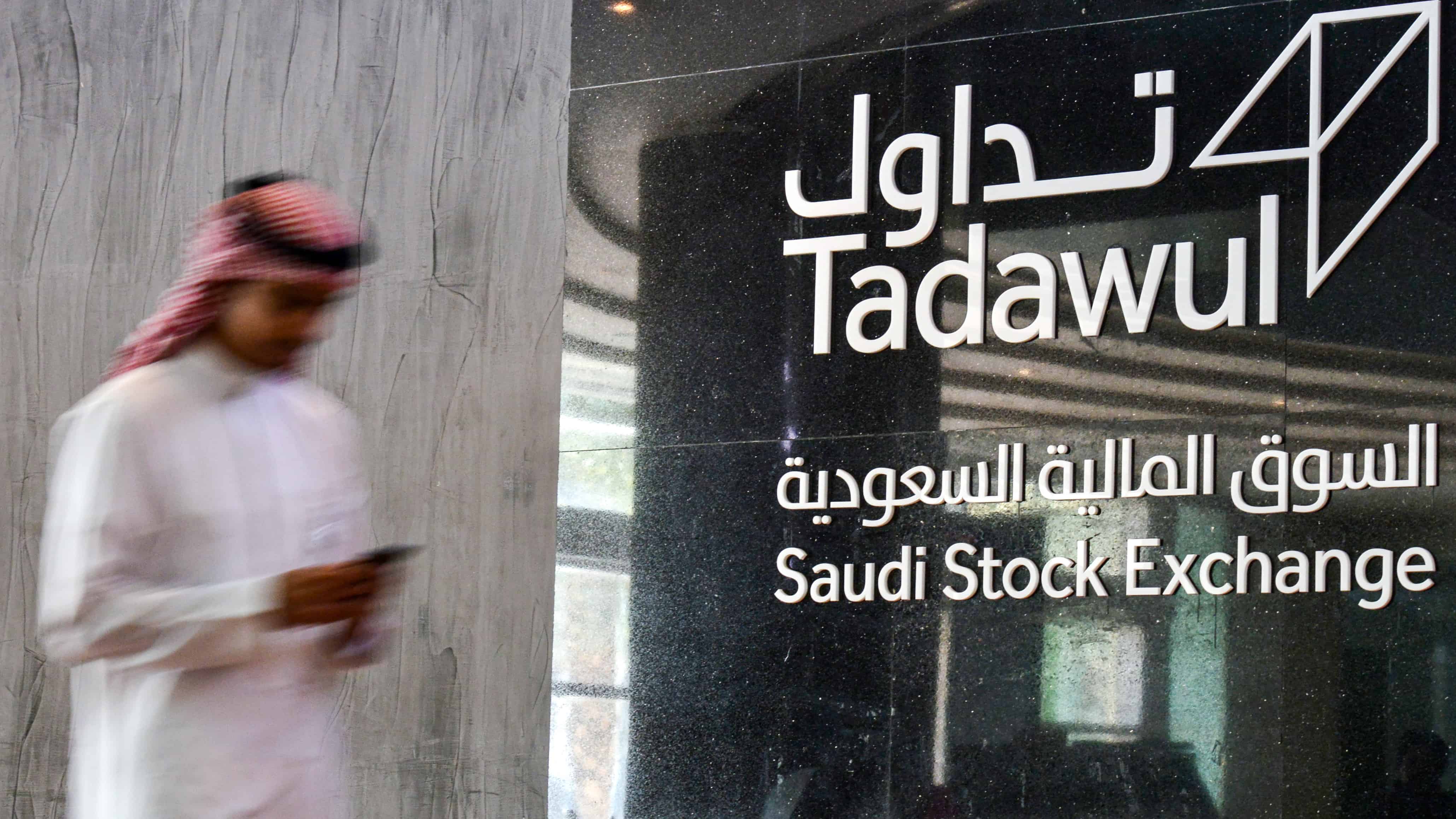The Saudi Arabian stock market closed the week declining, amid weekly losses incurred by the UAE stock exchange.
In contrast, oil prices rose by more than 20 percent this week, due to ongoing concerns about supply disruptions and Russian output.
Since Brent dipped below $30 a barrel in May 2020, this has been the most significant weekly increase in percentage terms for oil.
Furthermore, the weekly losses for the Abu Dhabi and Dubai indices were 0.5 percent and 1.4 percent, respectively.
Saudi Arabia: Contrasting index
Oil-price increases and the lifting of all Covid-19 limitations drove the Saudi Stock Exchange to a higher close on Sunday, March 6.
Shares in petrochemical and energy companies helped lift the Saudi index by 0.4 percent at the close of trade.
The shares of Aramco rose as well for the third consecutive day, recording a 0.7 percent increase.
However, increases in essential commodities and energy businesses offset losses in financial shares as the Saudi TASI index settled on Monday.
As for Tuesday, the index rose 0.3 percent, but went back down on Wednesday by 0.9 percent due to Aramco’s shares falling by 2.9 percent.
The Saudi index ended its week on Thursday, down by 0.4 percent.
Abu Dhabi index ends with a loss
Tuesday, March 8 saw an increase of 0.6 percent in the Abu Dhabi Stock Exchange index, which had ended the previous two sessions lower.
The week began on Monday with the index stable.
Wednesday brought the highest daily percentage loss since December 20 for the main index, which declined 2.2 percent.
Finally, on Thursday, it gained 0.9 percent and finished the week with a loss of 0.3 percent.
Dubai Index: Finance and industry won
The leading Dubai index dipped 0.9 percent on Monday, March 7, following a 4.1 percent increase in the previous week.
Tuesday saw the index down 1 percent decline.
At the close of trading on Wednesday, Dubai’s main index was down 0.8 percent, marking the index’s fourth straight day of losses.
Investor morale was dampened by Emirates NBD’s 2.7-percent drop in the financial sector.
The index ended Thursday at a stable level, with losses in the banking sector outpacing gains in the real-estate sector.
Dubai Islamic Bank’s share price declined 2 percent, while the Dubai Financial Market’s price fell by 3 percent.
Nonetheless, the Dubai stock market climbed by 0.6 percent on Friday to end its losing streak for the fifth straight day.
The most prominent winners included stocks in the financial and industrial sectors.








